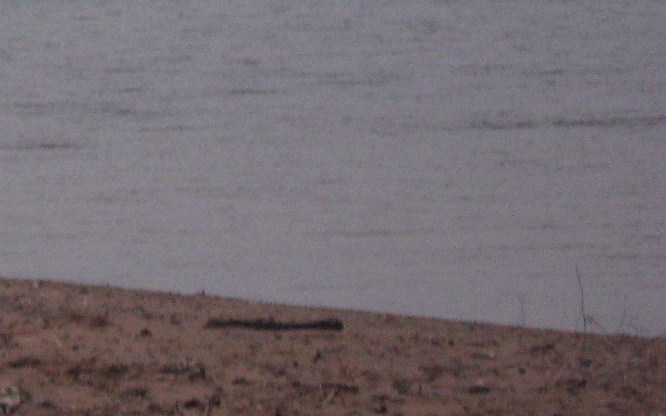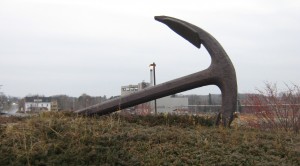The use of the word “guard”: malice or ignorance?
Like nails on a chalkboard, the sound of the word pulled me out of relaxation and cast me into instant discomfort. While outlining Casey Anthony’s incarceration, one of the newscasters on a cable TV news show used the word “guards” to describe corrections officers. The world itself is not necessarily offensive until one considers the many responsibilities and dangers that corrections staff deal with on a daily basis. It is scarcely better than the outmoded and inaccurate term turnkey.
The word guard is offensive to the corrections profession. I do not pretend that this is a new topic. But the utterance of the G word to such a large audience irritated me, thus the article.
Before I go further, my colleague, allow me to point out that I am not a corrections officer. I’m not trying to portray myself as one. However, I believe I know a bit more about corrections than the general public. You see, I’m a security-oriented corrections librarian who has worked in the maximum-security setting for nearly 20 years. I readily admit that I do not directly know what it is to work as a corrections officer. However, my experience entitles me, I believe, to feel vexed when those outside the profession spewed word guard as readily as a pseudo intellectual misuses a thesaurus.
I think that the term is typically bandied about for one of two reasons – malice or ignorance.
It is safe to say that small but significant percentage of people who misuse the word guard do so to knock one off of one’s professional square. This is similar to someone who addresses correspondence to you as defendants rather than by your last name and or title. Quite simply, it is derision towards the corrections profession.
Perhaps many more misuse the G word out of honest ignorance. They simply do not know any better. They are unaware that the word hurls a lack of respect at our profession.
Here are a few reasons that the G word should not apply to anyone in the corrections profession:
It is outdated and clichéd – The word smacks of the 1930s gangster move. Behind the anachronistic word is an anachronistic thought.
It implies a passive watcher with little responsibility – Granted, the dictionary definition of guard describes a tiny fraction of what corrections officers perform – to watch over, to prevent escape, violence, or indecretion. However, the definition does not penetrate the whole nature of the profession. Quite simply, guard sounds like disinterested babysitter.
But, corrections is so much more than a watchful capacity. Everything we say or do (and that which we do not say or do) can be used against us. The great responsibility of knowing and correctly applying policy speaks to that point.
Also, corrections staff not just idly watch others. There is analysis, constant puzzle building, and interacting with so many different work niches. All of that is done with the commonly held mission statement – keeping safe staff, prisoners, and the public. That simply is not the description of a passive observer.
The shorthand, colloquial phrase for the vocation may miss the mark. For example, metallurgists often work in a factory setting that specializes in the complex process of heat treatment steel. The term factory rat is pejorative, especially when applied to metallurgists. Yet, this is something that goes on. Another example is when a head start teacher is labeled as a babysitter. Of course, both jobs are very important. However the former has to earn a degree in early childhood education and must understand curriculum. That is not necessarily true of the latter.
The term guard belittles the profession – Part of what makes any vocation a profession is the professional literature that surrounds it. Another component is the training program, including both initial and continuing training. Thirdly, one of the reasons that corrections is a profession is that most agencies require educational credentials within the field in order to enter. Guard does not capture the scope of the job.
Some may say, “Don’t be so sensitive.” They may contend that this is taking PC too far. I think not. The danger and responsibility of the profession are not really recognized by those outside the profession.
So, what is in a name? I imagine that the late George Carlin, comedian and verbivore, would have had a field day with the officer – guard discussion. However, this is not a matter of amusement. Perhaps this will not move those who use pejorative term for malicious reasons. Still, as we weigh our feelings about this particular invective, there are some who simply don’t know that corrections officer is proper – guard is inappropriate. How we educate people should be a matter professionalism, no matter how difficult this may be.








